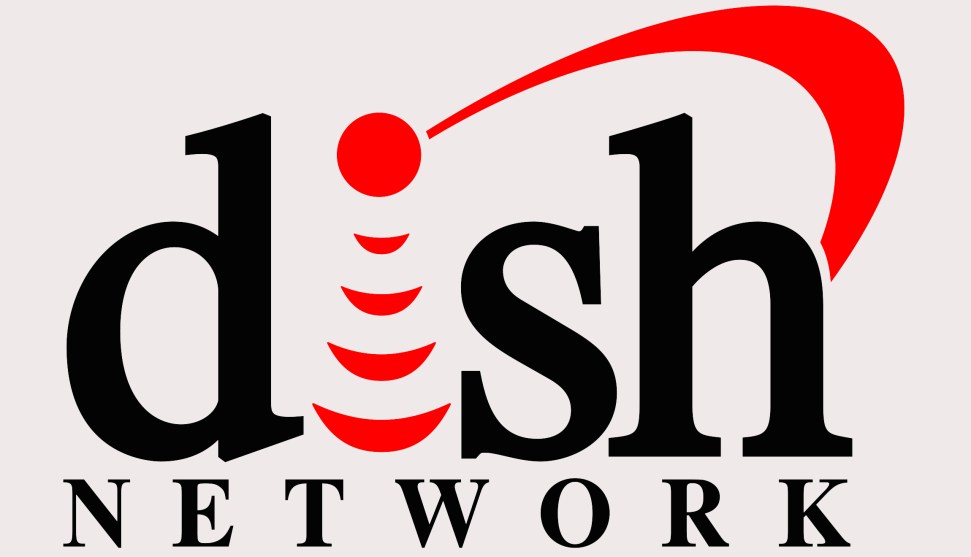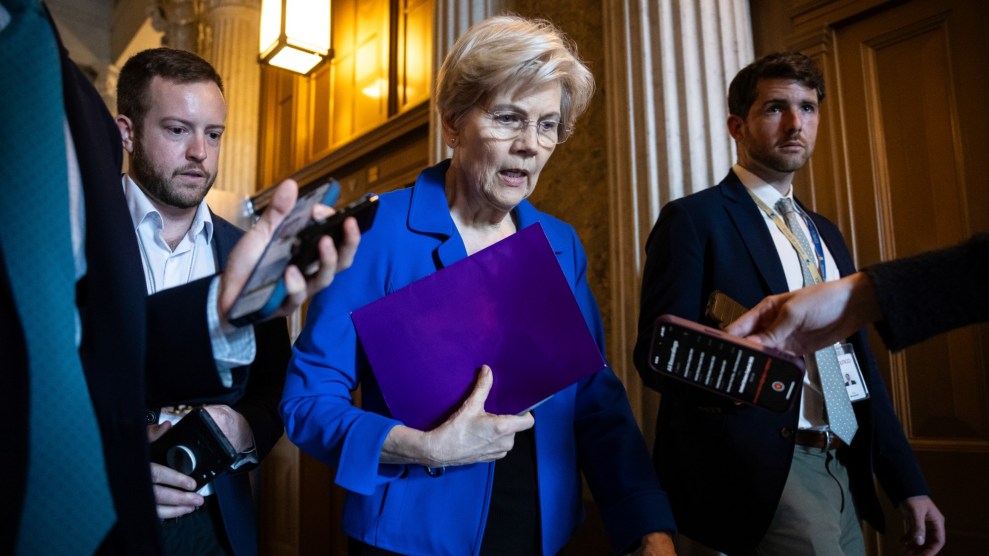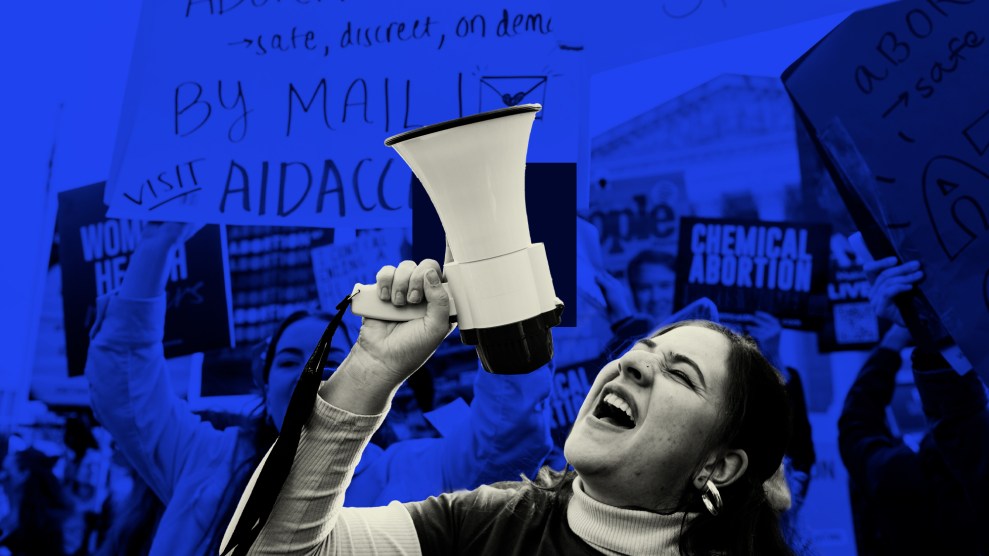
After years of trying, T-Mobile is finally merging with Sprint thanks to approval from President Trump’s Justice Department. But something about this perplexes me. I thought about it again while reading Matt Yglesias’s piece about the merger over at Vox, and—well, I’ll just let him tell the story:
The reason that allowing the United States to go from four mobile phone providers to three providers is okay, according to the Justice Department, is that they have a plan to create a fourth competitor. Specifically, Dish, the satellite television company — which already owns the minor player Boost Mobile — is also going to acquire Sprint’s prepaid subsidiary Virgin Mobile. What’s more, the new merged T-Mobile has committed to giving Dish seven years’ worth of access to its infrastructure to resell. That means that while there will be only three companies with a national mobile phone infrastructure, there will be four sellers of that infrastructure. Boost, meanwhile, is supposed to spend that seven-year window building out its own infrastructure. So ultimately, there will be four players after all and everything will be okay.
As Yglesias says, this is an odd bankshot. If it’s important to have four carriers, why not just disapprove the merger?
But it’s odd in another way. If Dish wants to be the fourth carrier, why don’t they just buy T-Mobile (or Sprint) outright instead of taking seven years to build out their own infrastructure? That would get Dish what they want and it would keep four solid carriers around right from the start.
So why isn’t Dish buying T-Mobile? They’ve been part of the rumor mill forever, and it seems like it makes sense. What am I missing?

















